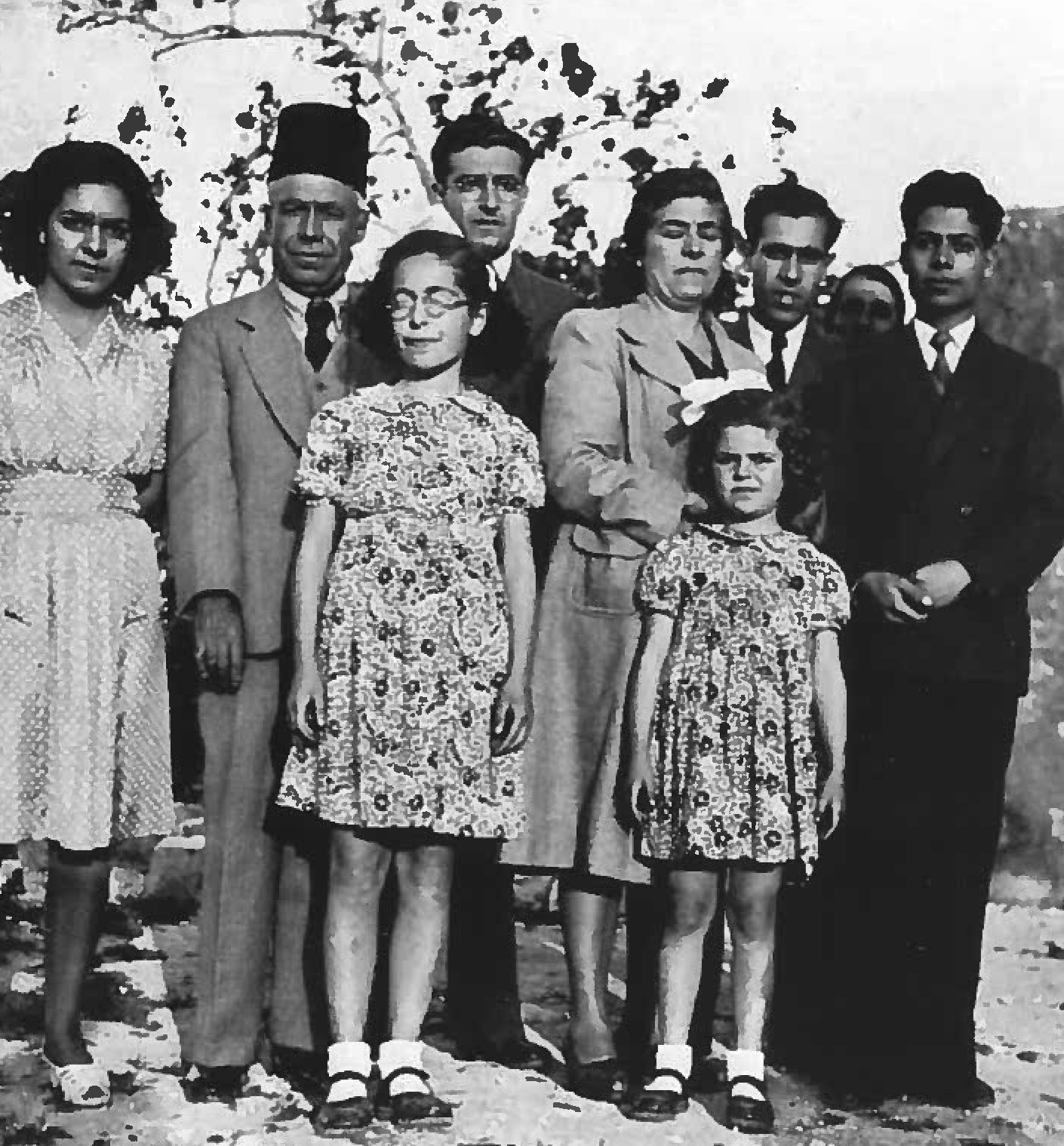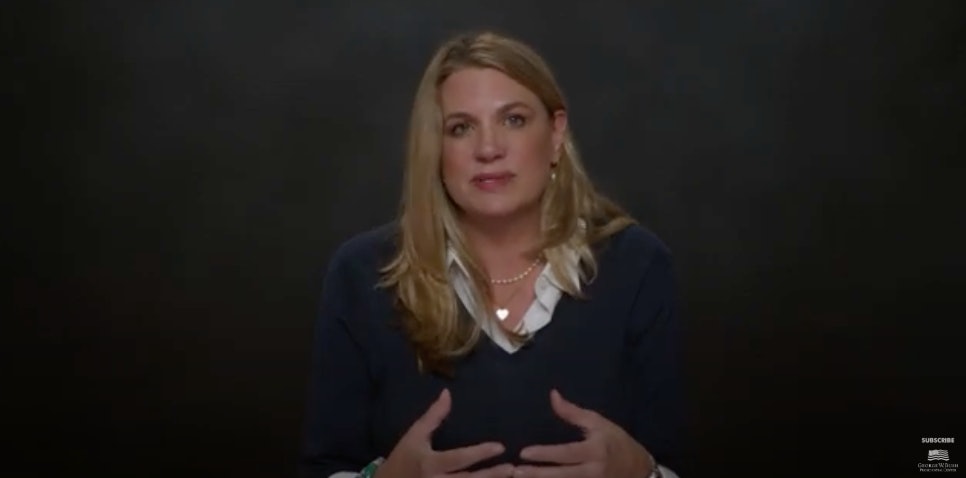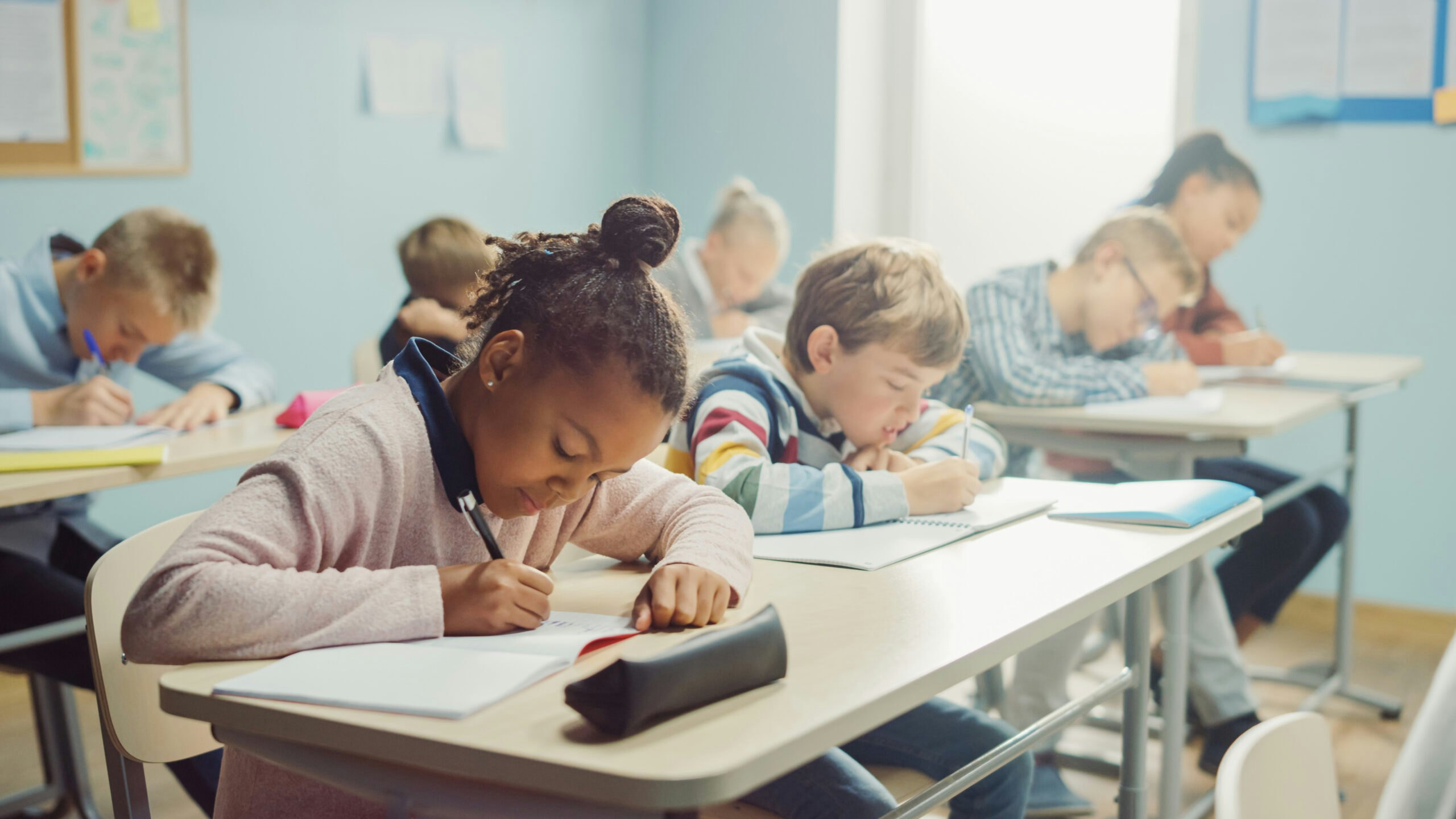My grandparents, Adib and Salma Habiby, lost their homes three times during their lifetimes.
The first was when they fled Haifa as barrels of explosives were rolled down the side of the mountain where they lived in 1948, shortly before the founding of the state of Israel. They were never allowed to return. The second and third times were during the civil war in Lebanon, where their family had settled. Their mountain home in Suq al-Gharb was shelled and later mined. They fled fighting in Beirut a few years later, abandoning their apartment and most of their possessions. They were in their 70s and 80s.
This World Refugee Day, I remember my grandparents as well as my parents, uncles, aunts and extended family members who spent years of their lives as refugees, moving from country to country in search of a home. Most of them ultimately found one in the United States, though those particular grandparents did not. Yet their children and grandchildren and my other relatives became successful doctors, educators, lawyers, engineers, businesspeople, U.S. military officers, clergy, and journalists who all contributed to the fabric of this great nation. I hope the refugees of today will be as fortunate.
America has long welcomed immigrants and refugees like those in my family who came to this country in search of freedom and opportunity and thrived. Like many other new Americans, they brought with them a strong work ethic and a generosity that stemmed from the strife they’d experienced. The George W. Bush Institute recommends that America continue to lead by welcoming refugees and asylum seekers: It’s the right thing to do, and fixing our broken immigration system will help us meet the needs of our 21st century economy.

Najib and Elise Habiby and their children in a photo taken before they became refugees. Back row, from left: Margo, Najib (the author’s grandfather), Ibrahim, Elise (the author’s grandmother), Raymond (the author’s father), and Emile. Front row: Rosemonde and Eda.
This isn’t a new idea. Back in the 1960s when my father and his siblings came to the United States, almost all were admitted to further their educations. They obtained advanced degrees and certifications in medicine, nursing, chemistry, and teaching and found employers that offered them pathways to citizenship because of their skills. But you don’t have to have a Ph.D. or a medical degree to contribute to our economy.
My relatives were among the lucky ones. They entered as students and found jobs that gave them a pathway to citizenship. They didn’t have to go through the refugee or asylum channels and avoided lengthy green card backlogs. Seeking asylum is almost impossible today because of the wait times and a lack of funding. Additionally, there aren’t enough pathways to legal citizenship without a sponsor.
The truth is that most refugees and immigrants become good Americans, like those in my family, and they teach their children and grandchildren to become good Americans, too. Most Americans who have been refugees develop a loyalty to this country and work hard.
Our elders taught their children the value of education – because it’s the only thing that you can take with you when your life turns upside down. They emphasized the importance of family ties, community, and sticking together as protection from an uncertain world, and that made them good neighbors. But at the same time, they conveyed the importance of self-sufficiency to enable us to provide for ourselves and those counting on us.
They were generous, particularly with food, with anyone in need. My father was a college professor and made it his mission to help all those who were interested in getting an education find a way to make it happen. These were ways to pay it forward.
The other lesson they taught their children and grandchildren is that the world can change on a dime. They followed political developments obsessively so that they’d get fair warning of any dangers. There were contingency plans about where to go and what to do if the worst happened. And portable assets were squirreled away in places where they’d be easy to grab.
My mother was addicted to 24-hour news channels and would regularly cry when she saw reports of conflicts around the world and the refugees they created – people just like her. I remember that as I watch the horrific images out of Gaza, Ukraine, Sudan, Central America and other places.
Many of these lessons stuck and affect the choices I make in my life today. I know I’m not alone. Many American families have stories of ancestors fleeing conflict and seeking refuge in the United States. So the larger conclusion I draw from my family’s story is that we can’t forget where we come from even as we all join hands as Americans.
I am the American child of two Palestinian American refugees. Refugees are people just like us. And it’s our turn to be welcoming.
Margot Habiby is Deputy Director of Communications at the George W. Bush Institute.































